When the Mongol Empire was at its height it controlled the world from China and Korea to Russia on into Eastern Europe, South-east Asia, and Persia. It was during this period that a ten year old Tibetan child, Phagpa (1235-1280), was taken to the court of the Khans. Educated there by his uncle, Sakya Pandita, he grew up speaking both Mongolian and Tibetan. While in his twenties, he created the first written alphabet for the Mongolian language. He became a religious advisor to Kublai Khan, and officiated at his installation as Emperor. As Kublai Khan had granted him regencies over the thirteen myriarchies of Tibet, he was titled Chogyal, or "Dharma King." He was on familiar enough terms with the leaders of the Mongol empire, including Kublai Khan, that he wrote letters to them. These letters are documents of state that offer us a window into the Yuan Dynasty. Phagpa, as a monk, exhorts the Khans to understand the ways of Buddhism, and also speaks out on such practices as massacre and the chopping off of hands. He speaks out for the right of public assembly. He presents economic theories regarding the taxation of the populace, while decrying the seizure of assets. While doing these things, he also speaks to the personal concerns and situation of his readers. We read of the despair of Duchess Pundari, for example, whose good husband had died unexpectedly and whose wealth was being stolen. These letters, being written in a world where many religions were known and to readers who were not necessarily sympathetic to Buddhism, also offer us brilliant presentations of Buddhist ideas as they were taught to non-Buddhists. The larger part of Tibetan Buddhist literature was written by and for scholars in the tradition. Here we have preserved Buddhist teachings intended for an audience not already familiar with the tradition. The Advice for King Hoko, for example, gives a detailed explanation of the Buddhist view on the structure and development of the universe. While these letters were addressed to only one individual, a member of the Mongol Court, they were written with an understanding that they would be read by many. Because of the brilliant presentation each represents, they have become texts used for teaching by Tibetan Lamas through the centuries, and even today we will hear of Lamas giving seminars focused on these letters. I hope that these translations will also serve to give communities who study the Dharma a reliable text to work from.
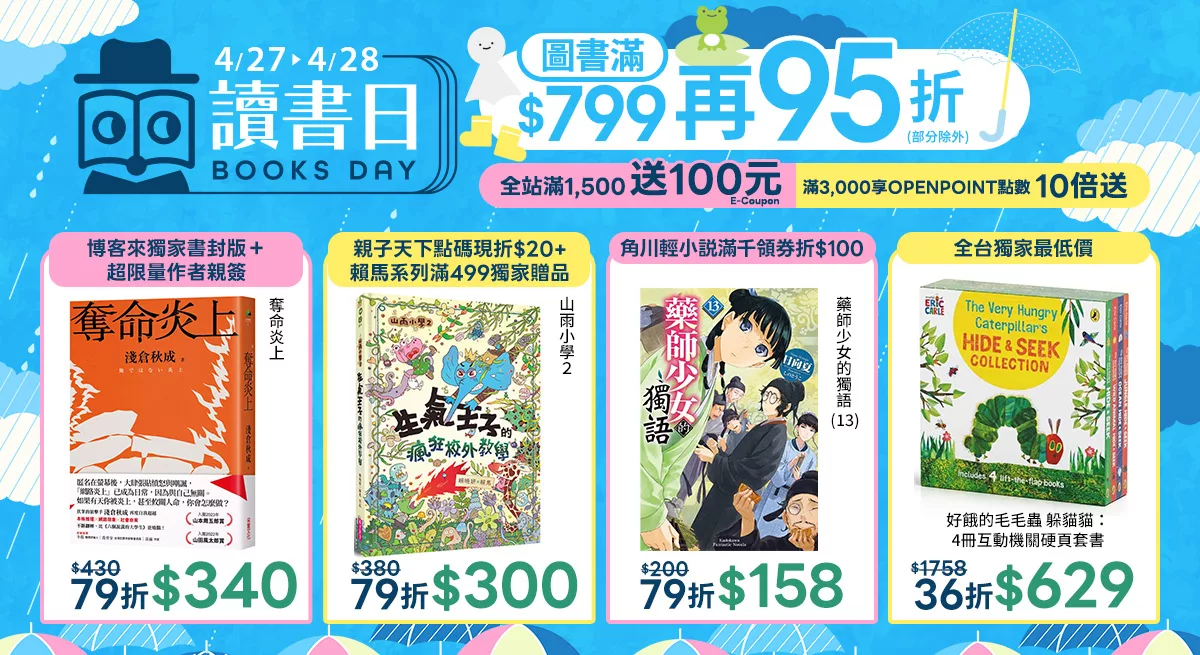


 天天爆殺
天天爆殺  今日66折
今日66折 
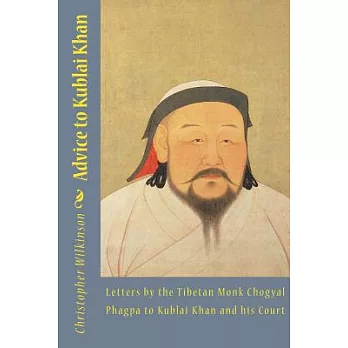



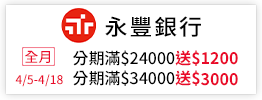




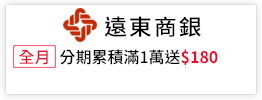




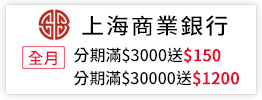
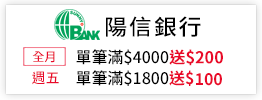


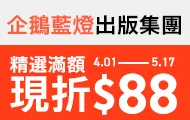
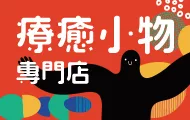

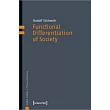

 博客來
博客來 博客來
博客來 博客來
博客來 博客來
博客來 博客來
博客來